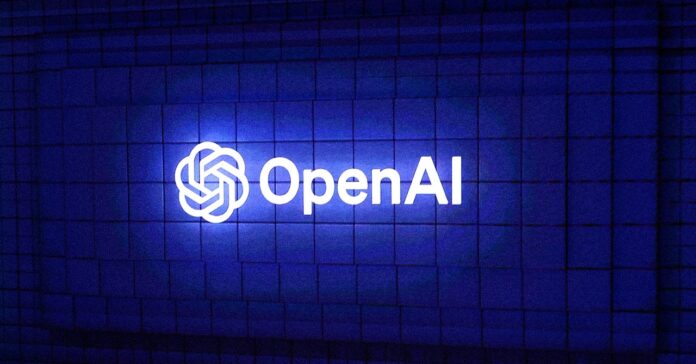In Short:
Google’s DeepMind AI unit has upgraded its AlphaFold software to predict the 3D structure of proteins, DNA, and other biological molecules. This upgrade allows AlphaFold to model interactions between antibodies and disease organisms. The software, not released as open source, will be available via the cloud for free. AlphaFold 3 can accurately predict how different molecules interact, aiding in drug discovery and understanding protein functions in the body.
AlphaFold 3 Receives Upgrade to Model DNA and Antibody Interactions
AlphaFold, a software developed by Google’s DeepMind AI unit, has recently received a significant upgrade. The software now has the capability to model other molecules of biological importance, such as DNA, and the interactions between antibodies produced by the immune system and disease organisms. These new features were added in AlphaFold 3 by borrowing techniques from AI image generators.
New Capabilities for Drug Discovery
Demis Hassabis, CEO of Google DeepMind, stated that this upgrade is a big advance for them and is crucial for drug discovery. AlphaFold 3 can now accurately predict how small molecules will bind to drugs, how strongly, and what other molecules they might bind to.
Modeling Various Molecules
AlphaFold 3 can model large molecules like DNA and RNA, as well as smaller entities like metal ions. It can predict with high accuracy how these molecules will interact with each other, as mentioned in Google’s research paper.
Collaboration and Access
The software was developed by Google DeepMind and Isomorphic Labs, a company working on AI for biotech under Alphabet. AlphaFold 3 will be available for outside researchers to access via the cloud for free. However, the software will not be released as open source like earlier versions.
Potential Impact on Protein Research
John Jumper, leading the Google DeepMind team, believes that AlphaFold 3 could provide a deeper understanding of how proteins interact and work with DNA in the body. This could help answer questions about protein responses to DNA damage and repair processes.
Evolution of AlphaFold
In 2018, Google DeepMind introduced the AI software AlphaFold to predict protein shapes accurately. The release of AlphaFold 2 in 2020 generated excitement in molecular biology, and in 2022, AlphaFold 3 has further expanded its capabilities to model various biological molecules.





